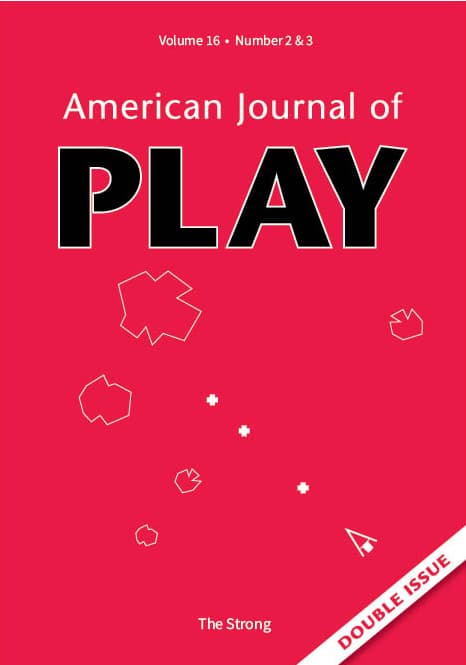Art Play and War Toys: An Interview with Brian McCarty
Brian McCarty is a photographer, Fulbright specialist, board member for the International Toy Research Association (ITRA), and the executive director of War Toys—a nonprofit organization founded in 2019, based on a photo series about children’s experiences of war that captures the severe effects of trauma and displacement on these young survivors. He assembled a team including experts in expressive therapy, childhood development, human rights, and toy design and manufacturing that continues the advocacy begun during the photo series and that develops new programs. Before founding War Toys, McCarty spent twenty years working with some of the bigger names in the toy industry, including Mattel, Hasbro, Disney, Cartoon Network, and Nickelodeon. His unique photography has been exhibited by museums, acquired by prominent collectors, and reviewed in the New York Times, Washington Post, Guardian, Wired, Al-Jazeera, Reuters, and other publications. He has appeared on CNN, NPR, Fox News, PBS News Hour, BBC World Service, and ABC World News and given talks at the Carter Presidential Library, New School, Sesame Workshop, Brown University, USC Keck School of Medicine, TEDx, and the American University of Beirut.





